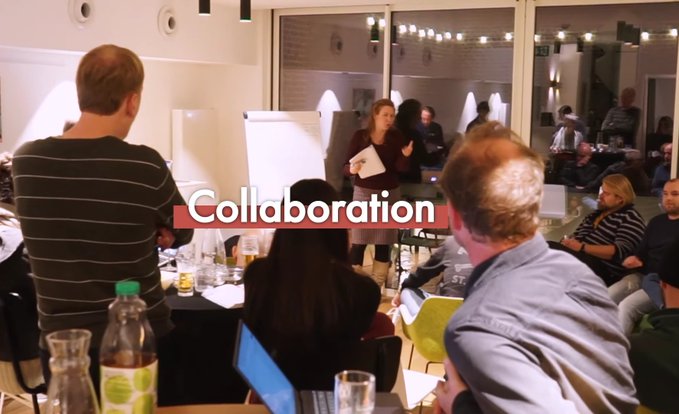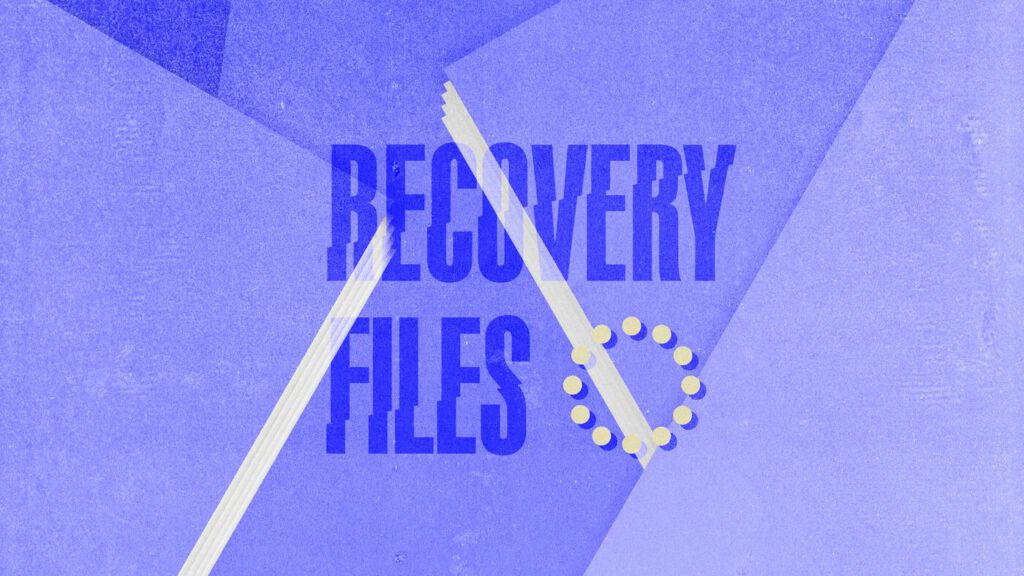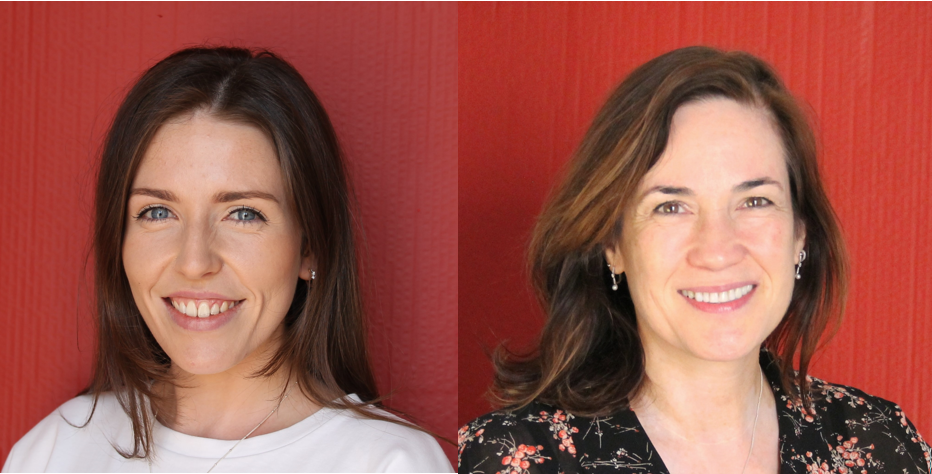Pan-European journalistic project, led by Dutch outlet Follow the Money, seeks to lay bare the secretive decision making around the Covid recovery billions.

On 9 February, a collective of investigative journalists from 17 EU member states specialising in EU political decision making launched its first wave of publications about the EU’s secrecy around decision making on the Resilience and Recovery Facility (RRF), under the name ‘Recovery Files’.
Zooming in on the RRF billions
The Recovery Files collective endeavours to understand the negotiations behind the member states’ presentation of so-called recovery plans.
These recovery plans are drawn up by the member state governments and are required for release of subsequent tranches of funding under the RRF scheme. They contain detailed spending allocation information and explanations concerning how the plans would result in efficient recovery and contribute to the overarching objectives of facilitating the EU’s green and digital transitions. The total RRF funds amount to some €723.8 billion, of which just under half of the funds are direct grants, the other parts comprising low-interest loans. The Commission, which has sought to popularise the scheme under the nomer ‘Next Generation EU’, issues bonds on the financial markets to raise the necessary funds.
Previously, Commission President personally assured the European Ombudsman of her commitment to the transparency of the RRF. The Recovery Files aim to probe the durability of that promise in practice. Last year, a collective of NGOs sounded the alarm bell, warning that with the limited transparency and weak oversight provisions in place, large-scale public funding fraud would be “very likely”. Indeed, currently, the Polish and Hungarian national plans are held up over concerns that the malfunctioning of the rule of law in these countries could negatively affect the effective and correct spending of RRF funds in these countries.
Pooled European journalism follows pooled European sovereignty
In their investigative work, the participating journalists of the Recovery Files have pooled resources and shared interviews, enabling them to present a comparative first snapshot of the Commission’s disclosure policy concerning documentation covering dialogues with member states over their national recovery plans (to be) submitted.
A host of experts were consulted, including prof. Päivi Leino-Sandberg and dr. Maarten Hillebrandt of the Erik Castrén Institute at the University of Helsinki, which hosts this blog. The journalists also used the EU’s access to documents law to request all relevant documents covering discussions between the Commission and their member state, allowing them to compare notes of the amount of openness given and reasons for non-disclosure provided by the Commission in each case.
The self-professed aim of the project is to compare national situations, especially going in search of patterns of fraud and embezzlement, and evidence of lobbying aimed at ‘greenwashing’ specific headers in proposed national plans.
The various participating news outlets coordinated the timing and content of the publications in order to maximise exposure and linguistic coverage, with stories appearing, next to English, in German, French, Italian, Spanish, Polish, Finnish, and other languages. Various prestigious legacy media, including die Welt and le Monde participate in the project, alongside smaller, more niche investigative media such as Zack Zack (Austria) and Onet (Poland).
The collective aims to make a concerted and tenacious effort to track Next Generation EU on an ongoing basis.
The recovery fund is all about economic growth, and its about the climate, and more green projects. But is this only on paper, or will this really happen? This is what we are going to check. Not just in the upcoming months, but I think, in the coming years, you will see a lot about the Recovery Files.
participating journalist Lise Witteman (FTM) stated.
The collaborative project receives a €50.000 grant from IJ4EU to enable its work.

Participating outlets
Netherlands (Follow the Money)


